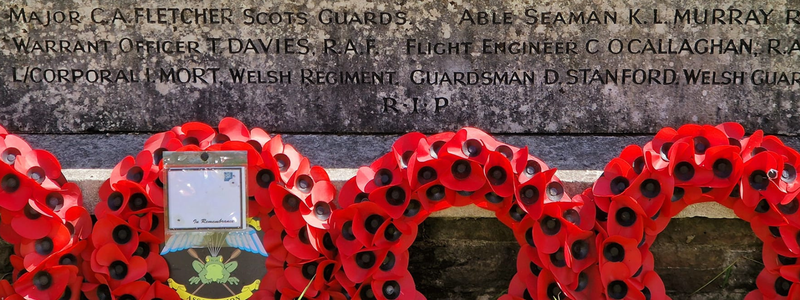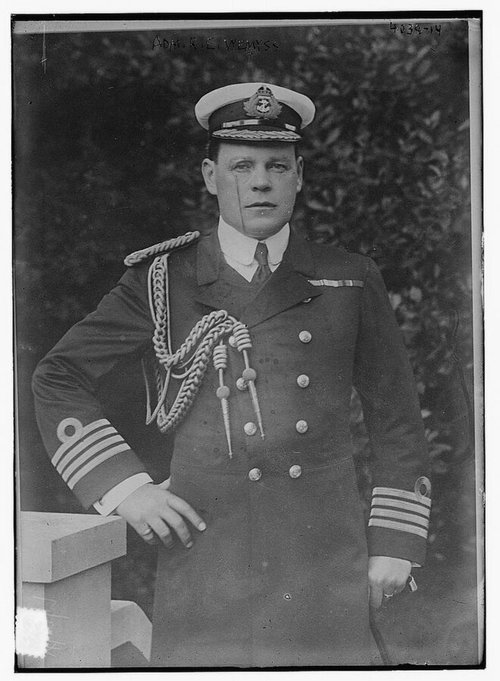Praying for Moral Courage- A reflection on Remembrance Sunday

On Remembrance Sunday Canon Tim Jones, our Director of Ministry and Discipleship, reflects on the moral courage of Admiral Rosslyn Wemyss and encourages us to follow his example.
For much of the 20th century, Remembrance involved veterans who had fought in the two world wars. Standing alongside grieving families, they remembered their own service, and the comrades they knew who had been killed or disfigured. They also could not help but remember some of the terrible decisions that they had been called upon to make. Remembrance has something of a dual role: to remember all the victims of war, but also to remember just how appalling war is, even if it is sometimes deemed to be a grim necessity. War can make it extremely hard for people to show moral courage, to do the right thing, to exhibit righteousness.

In November 1918 the Armistice negotiations had gone on through the day of 10th November, and long into the night. The British government's representative was Admiral Rosslyn Wemyss. As the terms of the Armistice became more settled through the night, the British Prime Minister, Lloyd George, sent a message to Wemyss, telling him to arrange for the guns to fall silent at 2:30pm on November 11th, because he wanted to be able to announce it in Parliament, to dramatic effect and political advantage. It was already the early hours of November 11th, and Wemyss thought it dreadful that the guns should continue firing for hours longer than necessary. Many men on both sides would die pointlessly, so close to the arrival of peace.

It was nearly 5am: Wemyss proposed that the guns should fall silent at 11am, giving just enough time to get the instructions out along the front lines. The other national representatives agreed, and the Armistice was signed at 5:10am. Wemyss feared that if he checked this with Lloyd George his negotiations would be overturned. So he telephoned Buckingham Palace, waking King George V to ask him to announce that the guns would soon fall silent at 11am.
Lloyd George was livid – his carefully planned moment of triumphant political theatre had been snatched from him. The government awarded a vast £100,000 war bonus to each of the military service chiefs, except for Wemyss, the very man who negotiated the Armistice. All the other senior service chiefs were quickly ennobled to the House of Lords. But not Wemyss, not for another year, anyway. And the others were made earls, whereas Wemyss was made a baron, a lower rank of nobility.
I wonder how many lives would have been lost if the guns had kept firing for another three and a half hours? I wonder how many children, grandchildren, and great grandchildren would not have been conceived, lived and loved, if Wemyss had simply done as he was told?
Thank God for all those whose moral courage in a time of conflict prevents needless suffering. The forlorn hope of so many at the end of the First World War was that it would end all wars. As we Remember, we should reflect on the grief and suffering, but also the moral dangers that war brings. We should pray that we can follow the examples of moral courage in our own life, whenever we have the chance to do the right thing in the face of wrong.